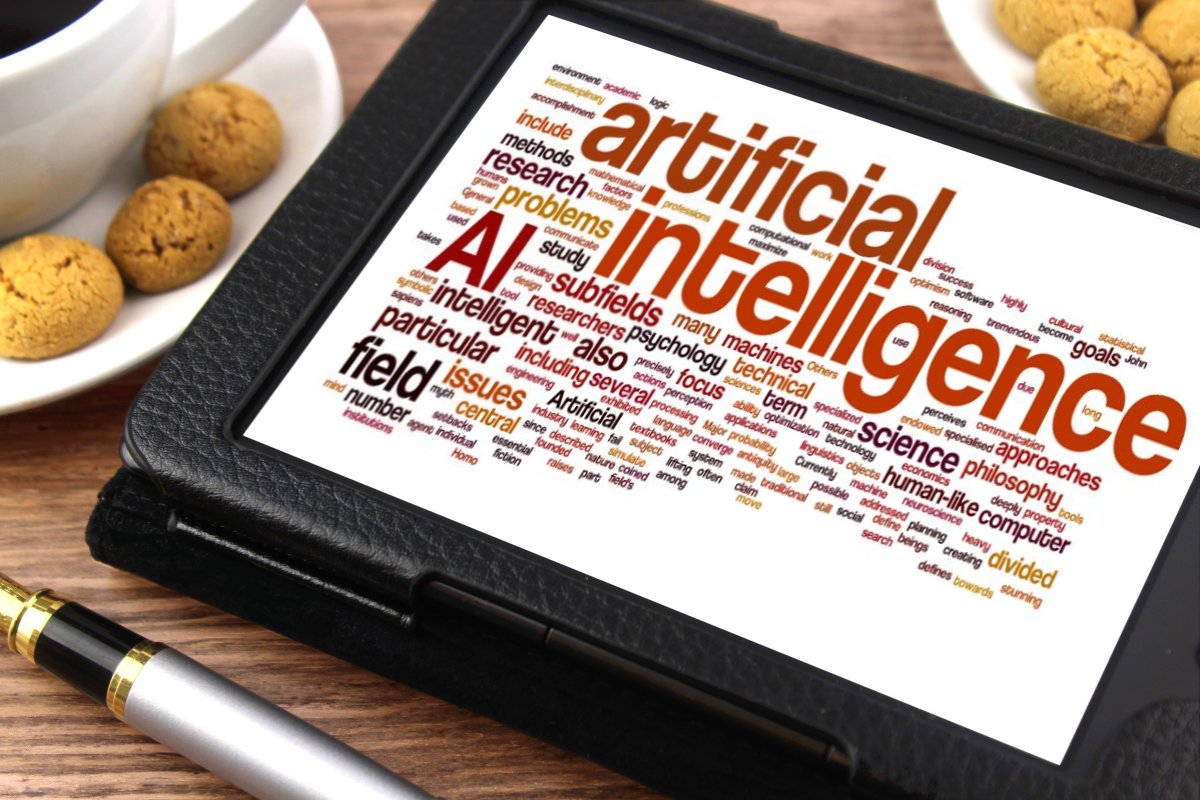A lawyer recently published a paper arguing that the patent for anything that an artificial intelligence creates should be credited to the AI and not the people who made the AI. This is touching on the controversial topic of giving rights to machines that can think independently, which scientists have been arguing about for years. It is right up there with debating whether or not machines will enslave mankind of they become smart enough.
The law expert in question is Ryan Abbot and he argues that the conditions for ownership of patents on technology have been and are being met by AIs, Futurism reports. Machines have been responsible for innovations that helped mankind achieve greater things with technology for decades. Abbot believes that the machines, not the humans, should be given credit for anything they invent.
“Drawing on dynamic principles of statutory interpretation and taking analogies from the copyright context, this Article argues that creative computers should be considered inventors under the Patent and Copyright Clause of the Constitution,” Abbot wrote on his paper.
Technically speaking, patent regulations look at three things to classify something as an invention and to give the inventor credit. For one thing, the invention needs to be novel. It should also be non-obvious, as well as useful. These conditions have caused plenty of legal issues in the past thanks to their vagueness as well, but it also makes things sticky with Abbot’s argument for AIs.
Seeker cites the case of Stephen Thaler, a physicist who came up with an AI called the “Creativity Machine” back in the 90s. Thaler made the algorithm crunch some data to produce unique and novel inventions, and it did. Over the course of one weekend, the AI was able to compose 11,000 songs as well as something called the “Neural-Network-Based Prototyping System and Method.”
Even though Thaler decided to name himself the inventor of pretty much all of those things, in his point of view, the machine actually did most of the work. In essence, he credited the AI for the inventions, but he didn’t disclose this information to the Patent Office. He didn’t need to.
These days, however, AIs have become more complex and the awareness of society as a whole has grown as well. Abbot argues that the way people view non-human entities should change accordingly, starting with giving machines the credit they are due.



 U.S. Condemns South Africa’s Expulsion of Israeli Diplomat Amid Rising Diplomatic Tensions
U.S. Condemns South Africa’s Expulsion of Israeli Diplomat Amid Rising Diplomatic Tensions  Minnesota Judge Rejects Bid to Halt Trump Immigration Enforcement in Minneapolis
Minnesota Judge Rejects Bid to Halt Trump Immigration Enforcement in Minneapolis  Supreme Court Tests Federal Reserve Independence Amid Trump’s Bid to Fire Lisa Cook
Supreme Court Tests Federal Reserve Independence Amid Trump’s Bid to Fire Lisa Cook  Nintendo Shares Slide After Earnings Miss Raises Switch 2 Margin Concerns
Nintendo Shares Slide After Earnings Miss Raises Switch 2 Margin Concerns  Jerome Powell Attends Supreme Court Hearing on Trump Effort to Fire Fed Governor, Calling It Historic
Jerome Powell Attends Supreme Court Hearing on Trump Effort to Fire Fed Governor, Calling It Historic  Meta Faces Lawsuit Over Alleged Approval of AI Chatbots Allowing Sexual Interactions With Minors
Meta Faces Lawsuit Over Alleged Approval of AI Chatbots Allowing Sexual Interactions With Minors  New York Judge Orders Redrawing of GOP-Held Congressional District
New York Judge Orders Redrawing of GOP-Held Congressional District  Instagram Outage Disrupts Thousands of U.S. Users
Instagram Outage Disrupts Thousands of U.S. Users  TSMC Eyes 3nm Chip Production in Japan with $17 Billion Kumamoto Investment
TSMC Eyes 3nm Chip Production in Japan with $17 Billion Kumamoto Investment  Tencent Shares Slide After WeChat Restricts YuanBao AI Promotional Links
Tencent Shares Slide After WeChat Restricts YuanBao AI Promotional Links  CK Hutchison Launches Arbitration After Panama Court Revokes Canal Port Licences
CK Hutchison Launches Arbitration After Panama Court Revokes Canal Port Licences  Federal Judge Signals Possible Dismissal of xAI Lawsuit Against OpenAI
Federal Judge Signals Possible Dismissal of xAI Lawsuit Against OpenAI  Norway Opens Corruption Probe Into Former PM and Nobel Committee Chair Thorbjoern Jagland Over Epstein Links
Norway Opens Corruption Probe Into Former PM and Nobel Committee Chair Thorbjoern Jagland Over Epstein Links  Nvidia Nears $20 Billion OpenAI Investment as AI Funding Race Intensifies
Nvidia Nears $20 Billion OpenAI Investment as AI Funding Race Intensifies  Missouri Judge Dismisses Lawsuit Challenging Starbucks’ Diversity and Inclusion Policies
Missouri Judge Dismisses Lawsuit Challenging Starbucks’ Diversity and Inclusion Policies  Elon Musk’s Empire: SpaceX, Tesla, and xAI Merger Talks Spark Investor Debate
Elon Musk’s Empire: SpaceX, Tesla, and xAI Merger Talks Spark Investor Debate  SpaceX Seeks FCC Approval for Massive Solar-Powered Satellite Network to Support AI Data Centers
SpaceX Seeks FCC Approval for Massive Solar-Powered Satellite Network to Support AI Data Centers 































